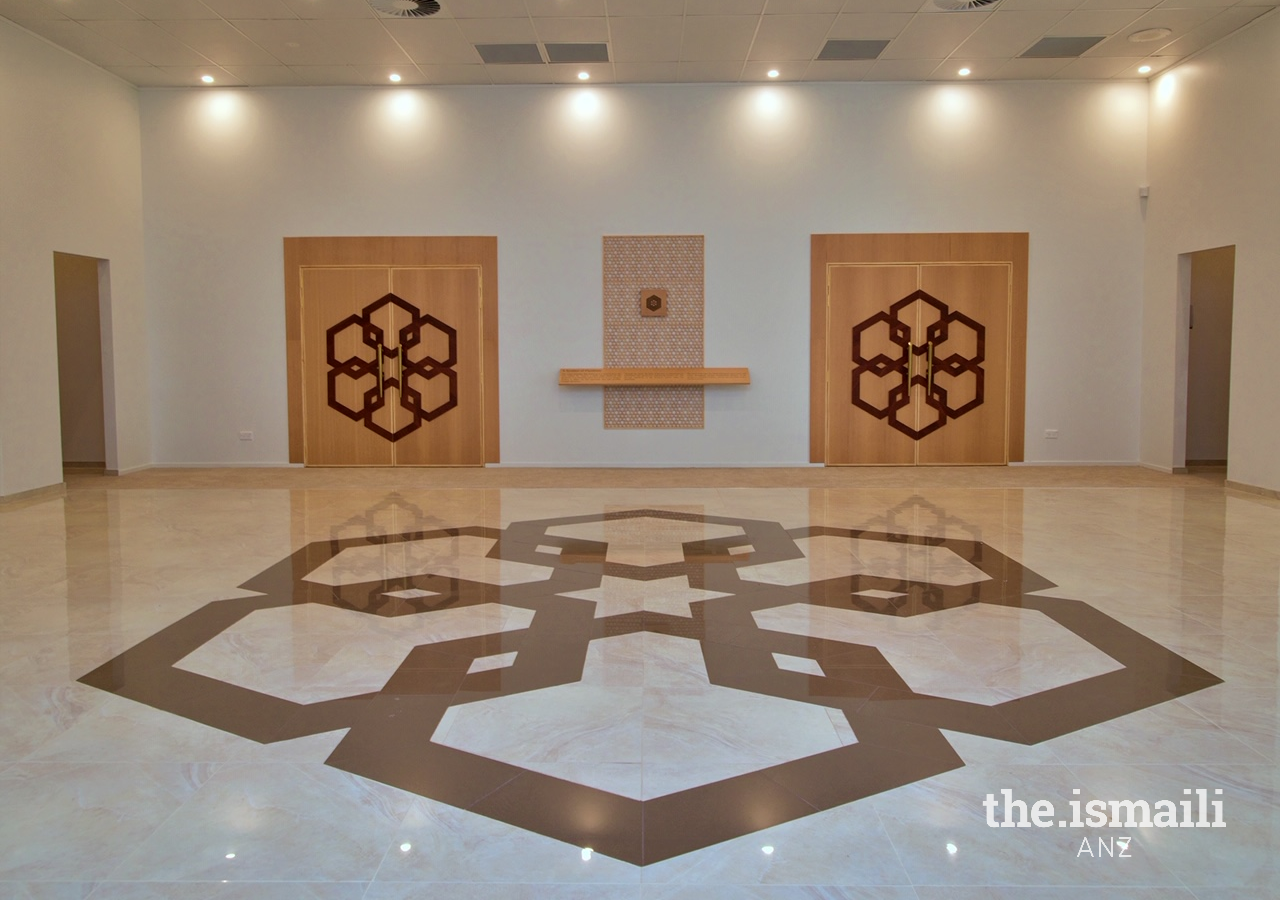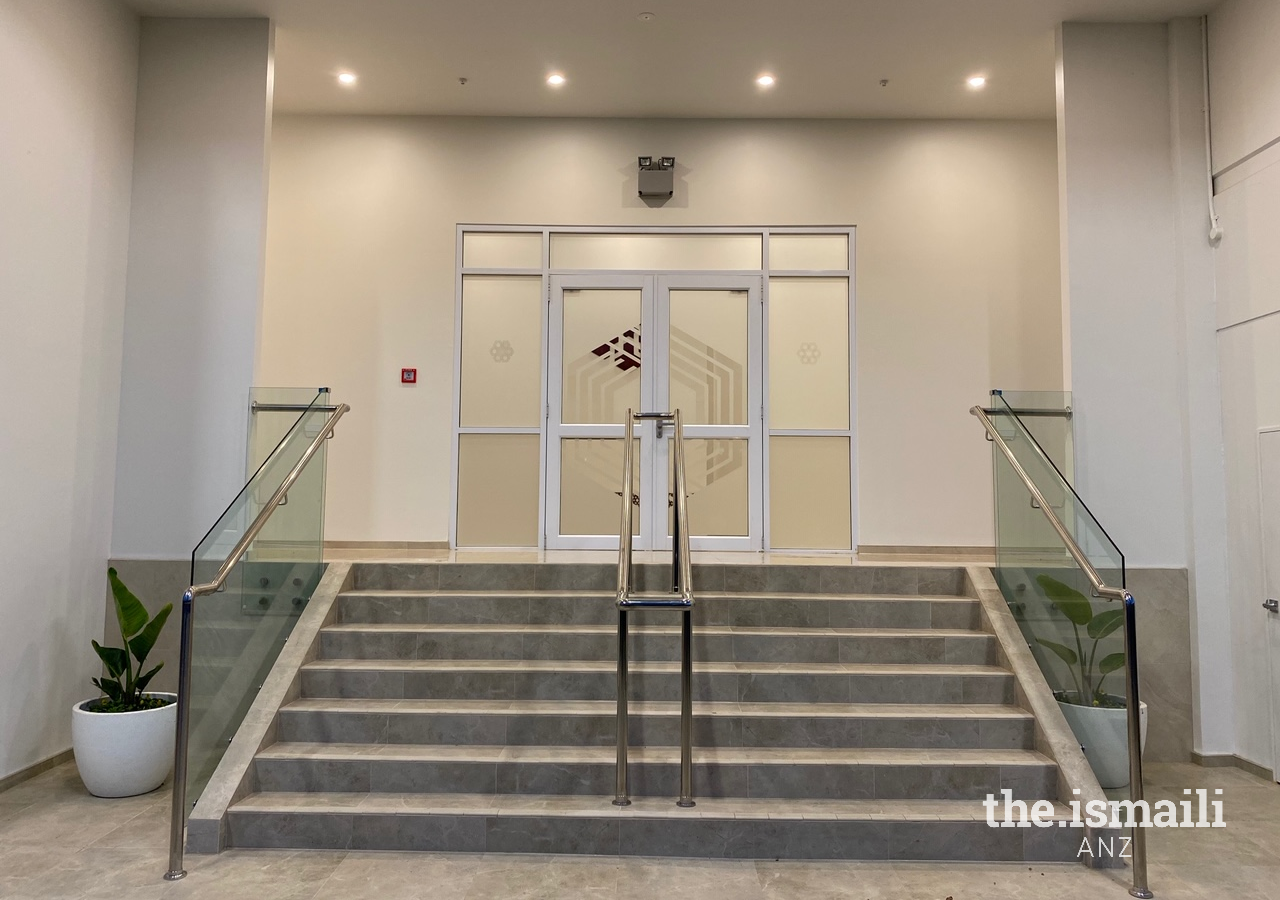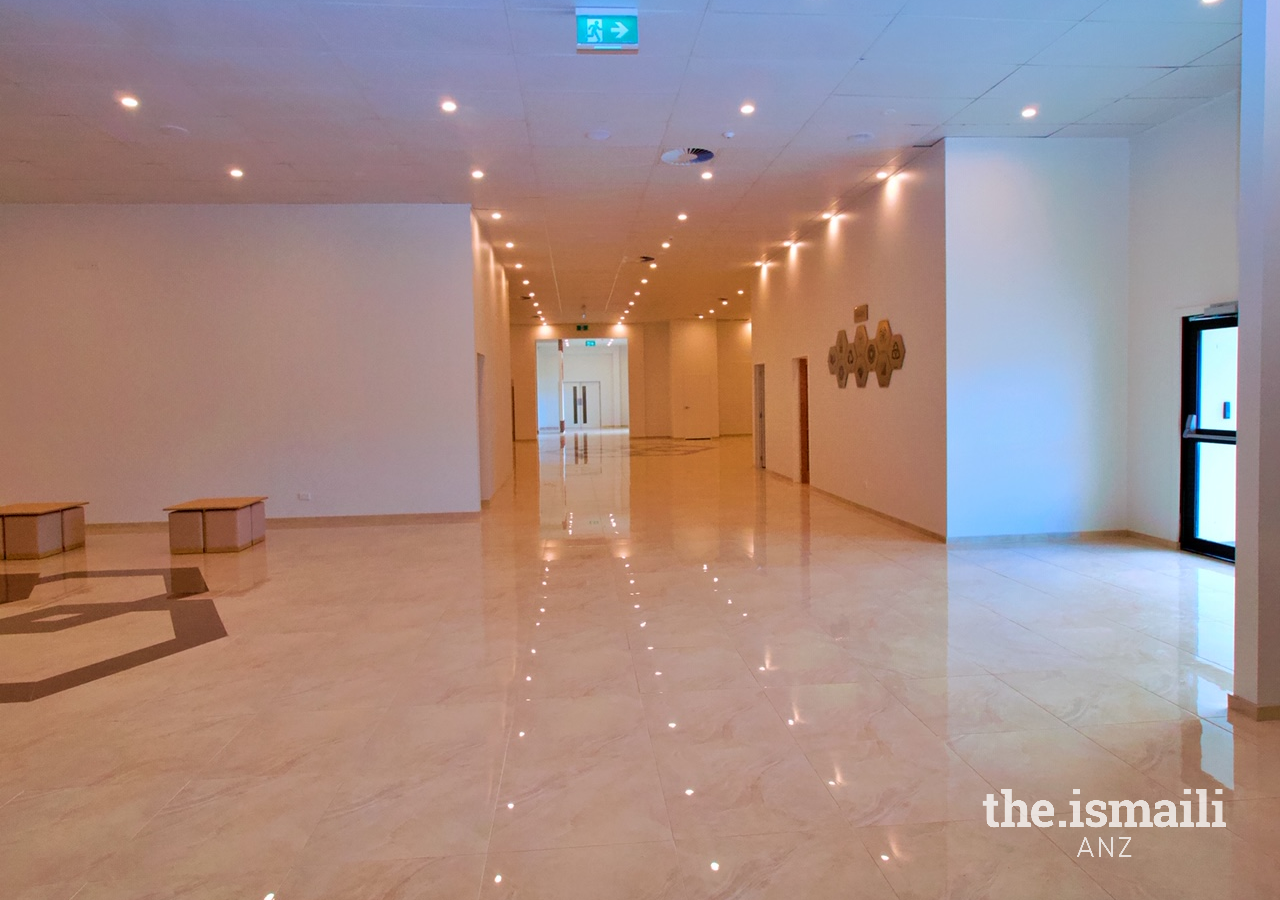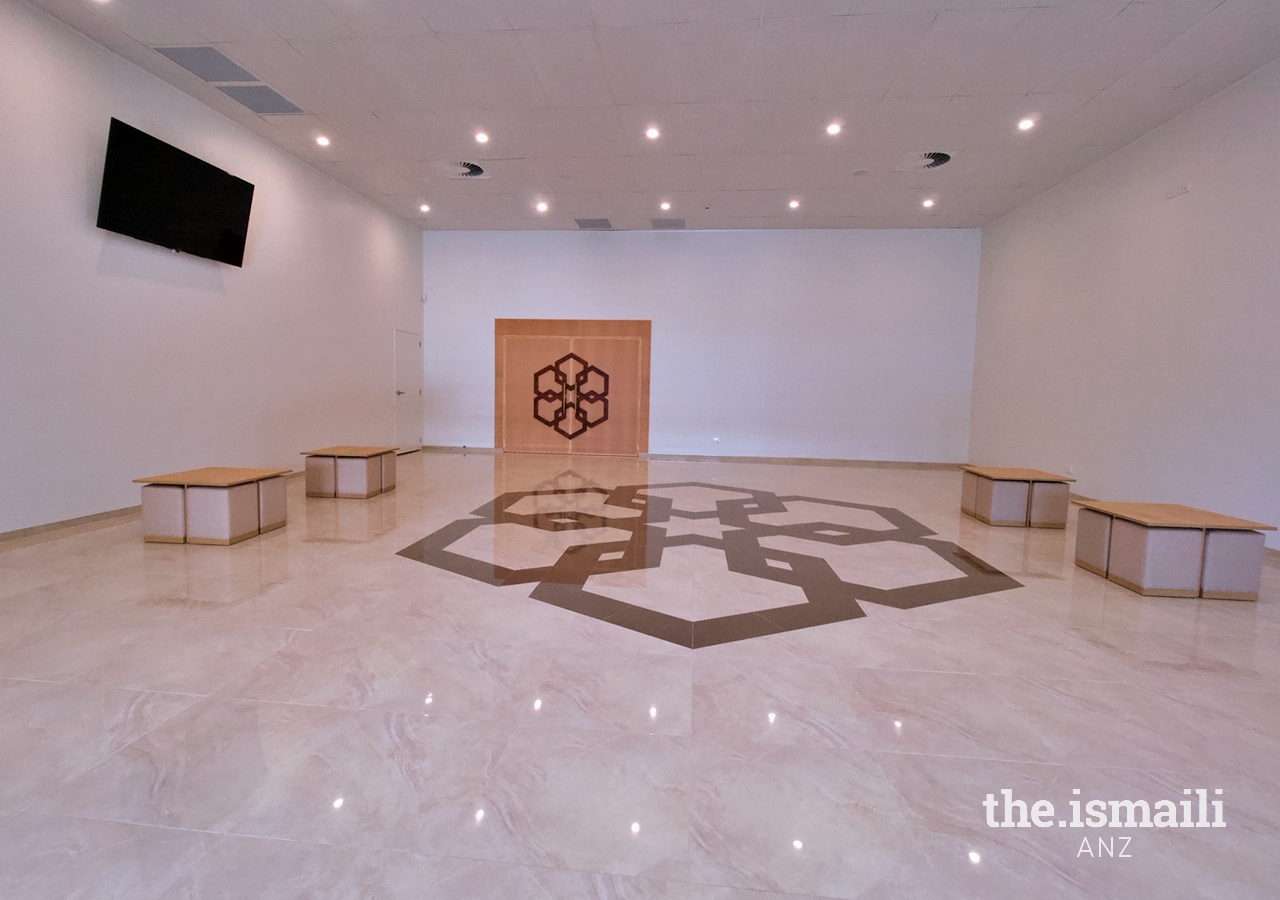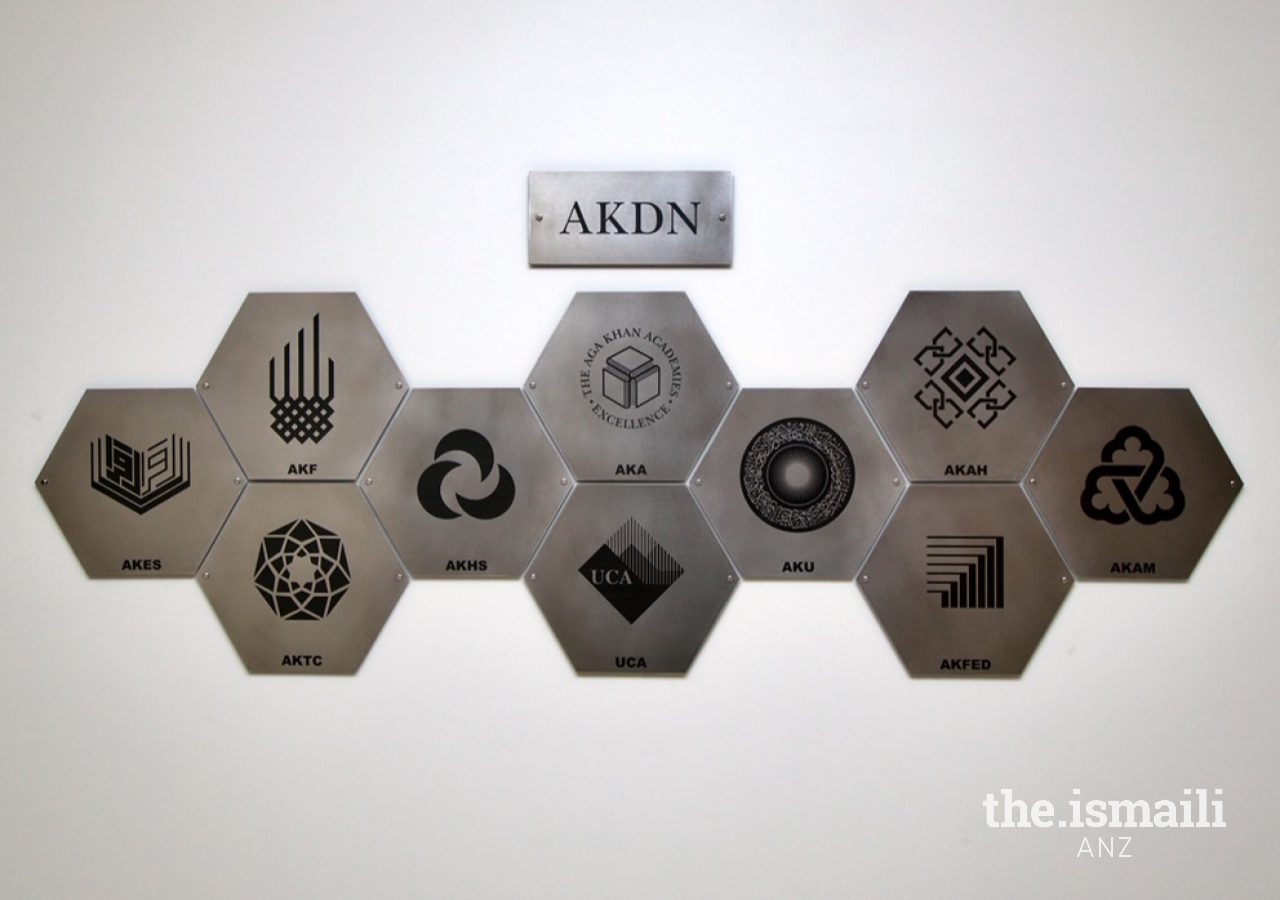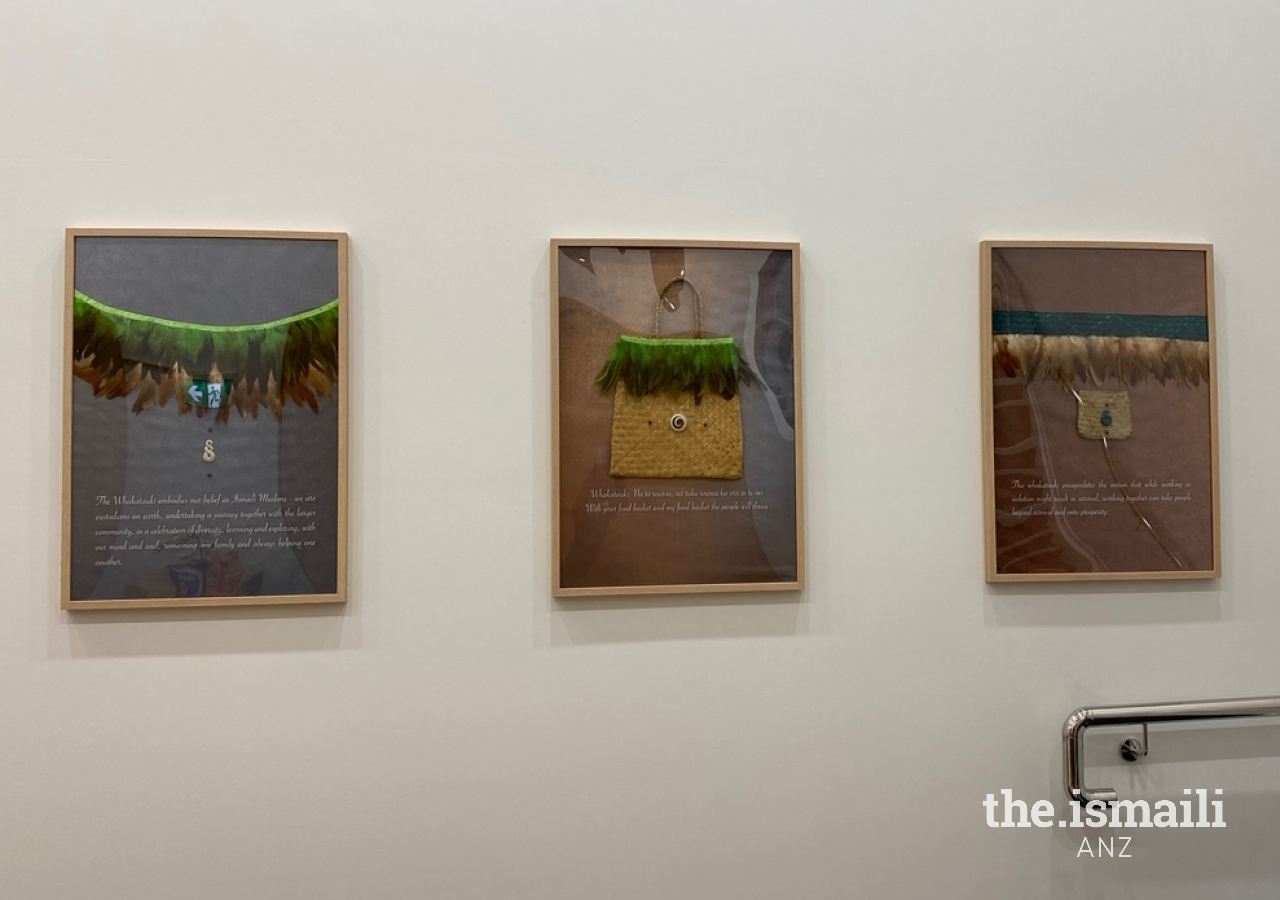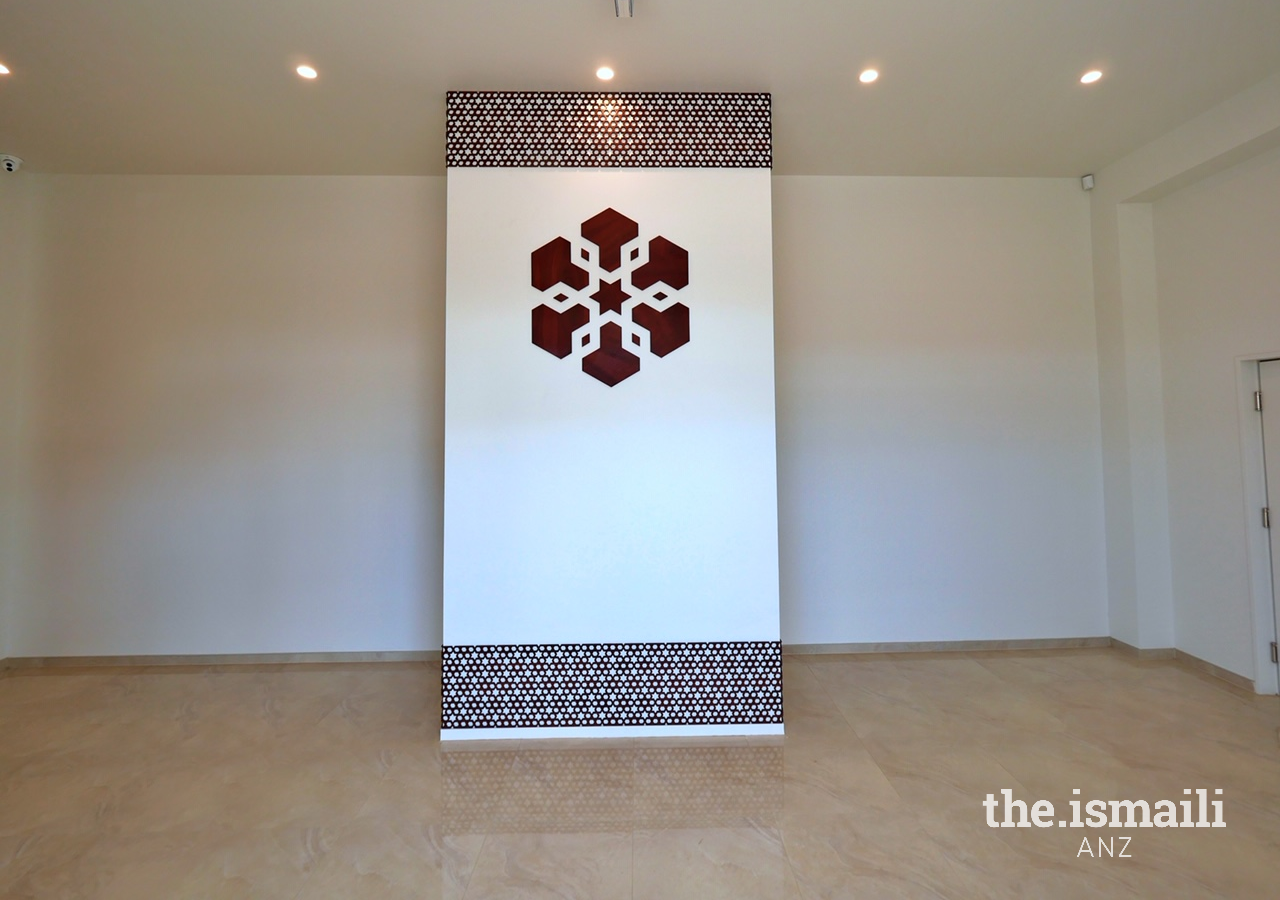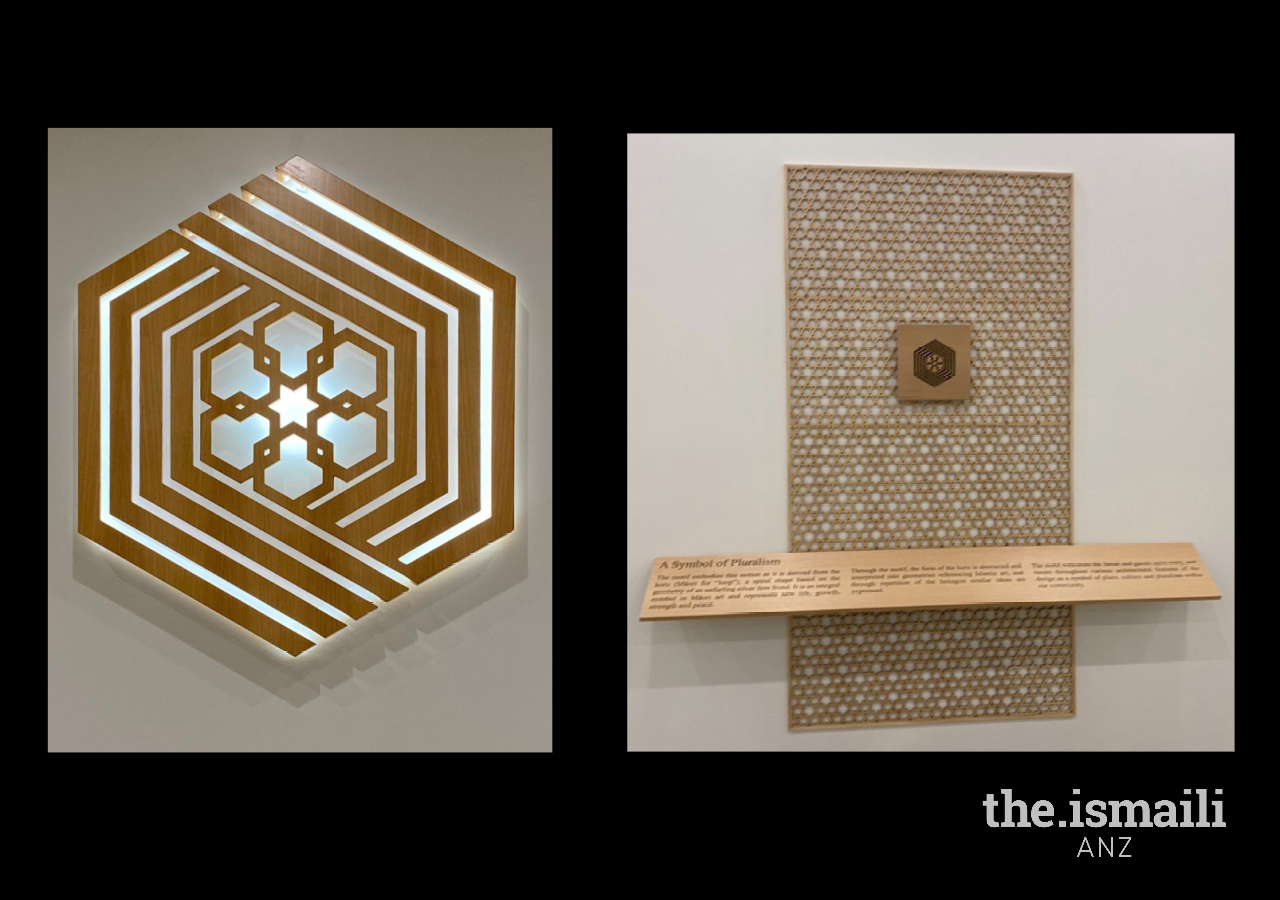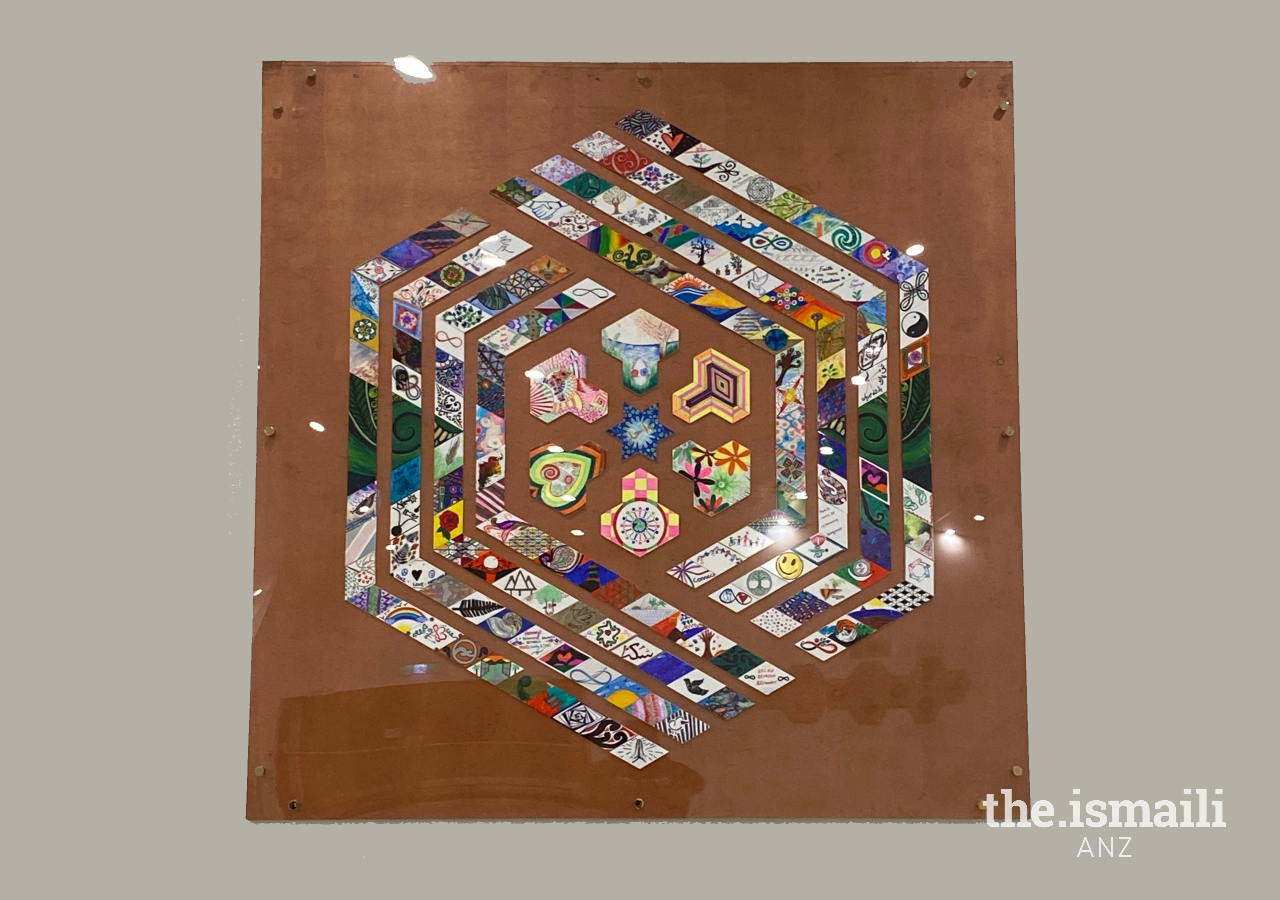Jamatkhanas are one of the many types of spaces of gathering and worship found among the world’s various Muslim communities, and are a place where the values of the Islamic faith are put into practice. They are largely run by dedicated volunteers who offer their time and knowledge out of love and devotion to the Ismaili Imam and the community.
A committed pool of more than 280 Ismaili volunteers from across Australia and New Zealand (including TKN volunteers) offered many hours of service in various capacities to prepare the site, such as project planning, building works, electrical, carpentry, cleaning, first aid and safety, providing refreshments, logistics, and transport.
For the Jamat in Auckland, it was an emotional opening day, with feelings of elation and joy, tinged with sadness that members of the community from Australia were unable to join due to ongoing Covid restrictions. With the virus still posing a danger in the region, the Jamat maintained social distancing and adhered to hygiene protocols in place for their own safety.
The new Jamatkhana's facilities include a large prayer hall; a multipurpose hall for events, weddings, and other social gatherings. A multipurpose centre has been allocated for Early Childhood Development classes, primary and secondary education classes, and play areas. It also features a library room, first aid room, meeting room, and a large kitchen space.
One prominent wall in the multipurpose hall displays the logos of the Aga Khan Developmental Network (AKDN) agencies as a reminder to the Jamat and others of the various institutions around the world that contribute to improving the quality of life of those in need, under the leadership and guidance of Mawlana Hazar Imam.
A special motif used throughout the Jamatkhana was designed by a member of the Auckland Jamat, and embodies the notion of pluralism derived from the koru (Māori for “loop”), a spiral shape based on the geometry of an unfurling silver fern frond. This is an integral symbol in Māori art and represents new life, growth, strength, and peace. The motif using the form of the koru is abstracted and interpreted into geometries referencing Islamic art and through repetition of the hexagon expresses similar notions.
The motif welcomes the Jamat and guests upon entry to the building, and recurs throughout various architectural features of the Jamatkhana design as a symbol of peace, culture, and pluralism within our community. The harmony motif is an additional expressive artwork on the walls on the Jamatkhana, for which each family was given a tile to paint and incorporate into a mosaic. The final work is accompanied by a plaque with the following quote:
"Pluralism does not mean the elimination of difference, but the embrace of difference. Genuine pluralism understands that diversity does not weaken a society, it strengthens it. In an ever-shrinking, ever more diverse world, a genuine sense of pluralism is the indispensible foundation for human peace and progress."
Mawlana Hazar Imam
Opening ceremony of the Headquarters of the Global Centre for Pluralism
16 May 2017

